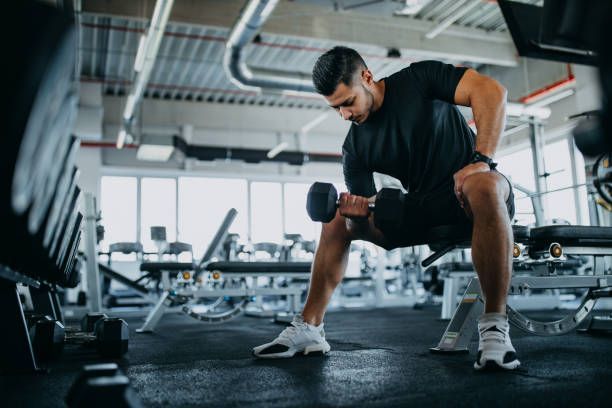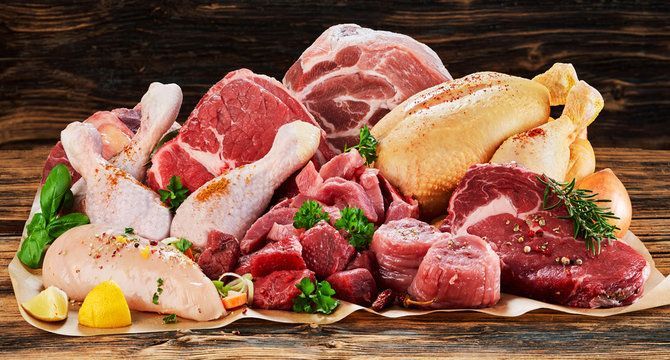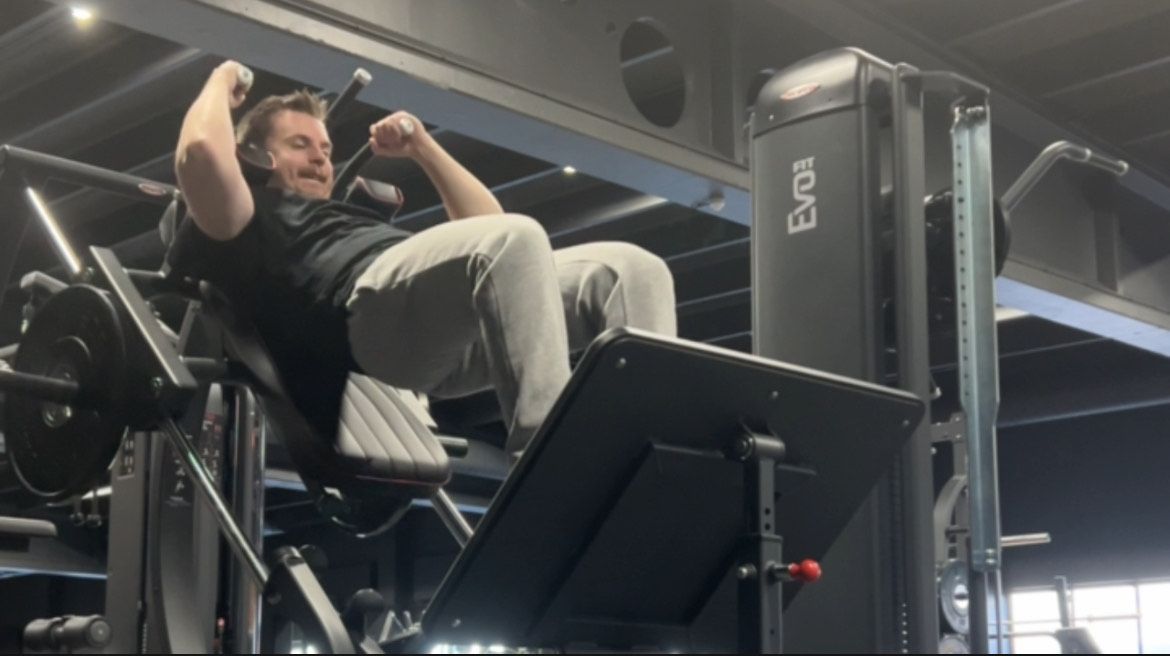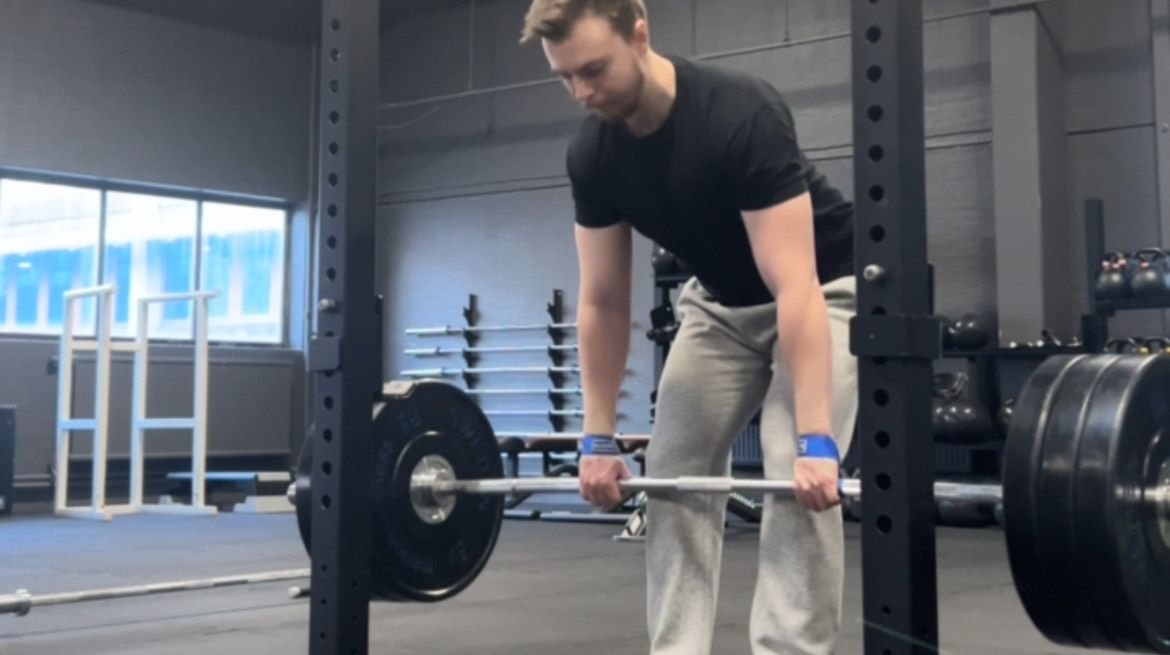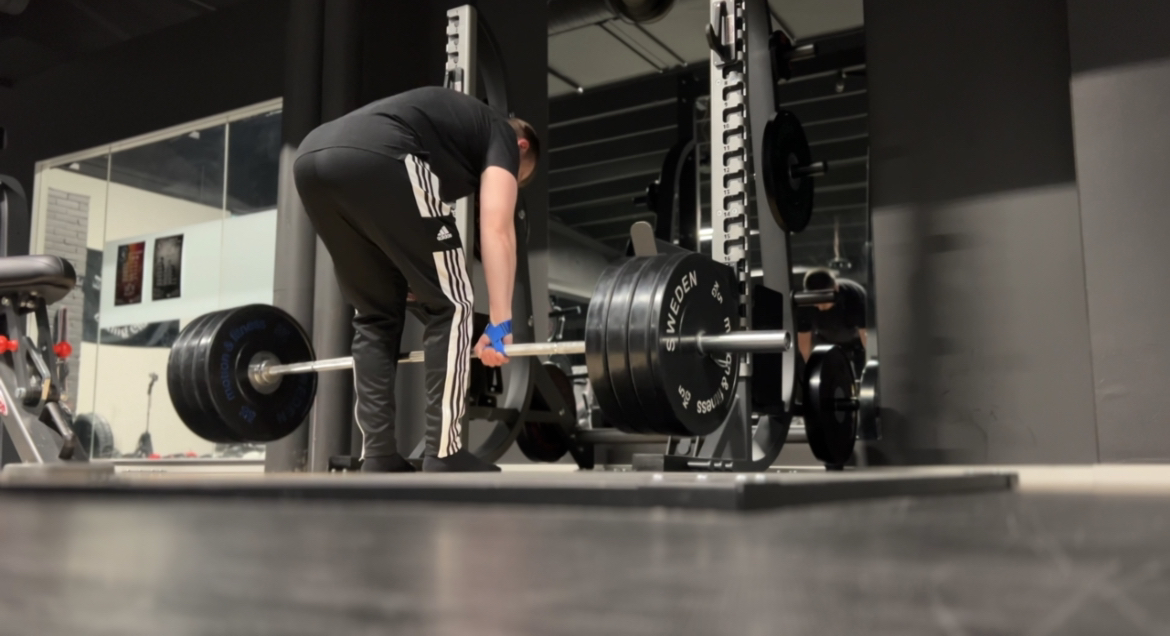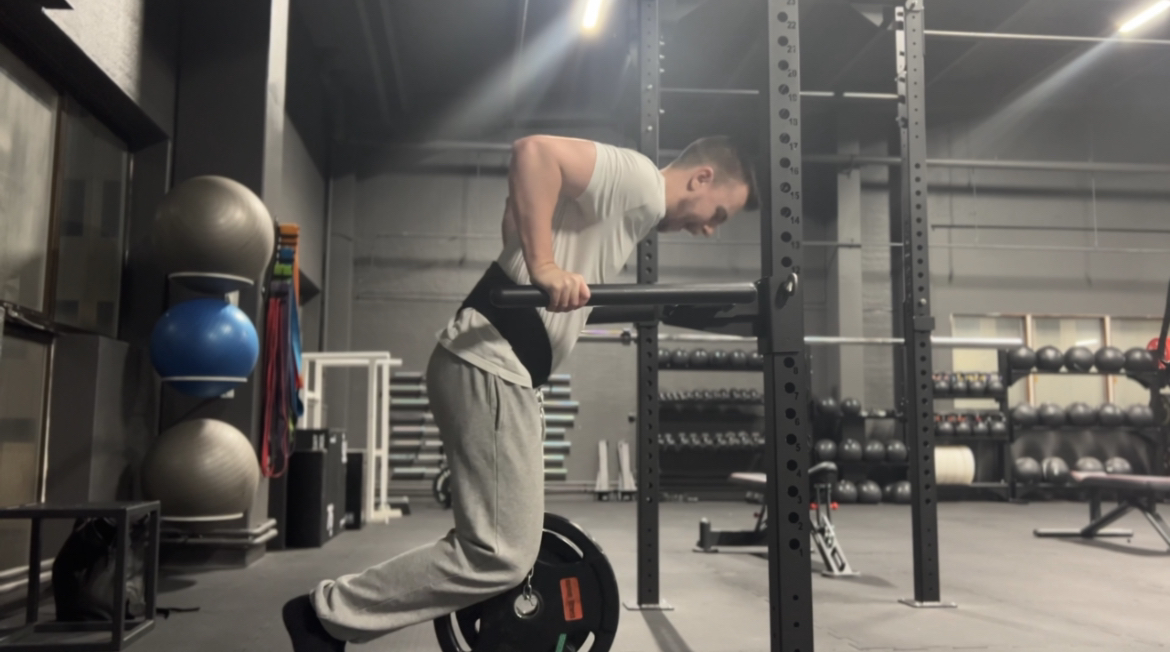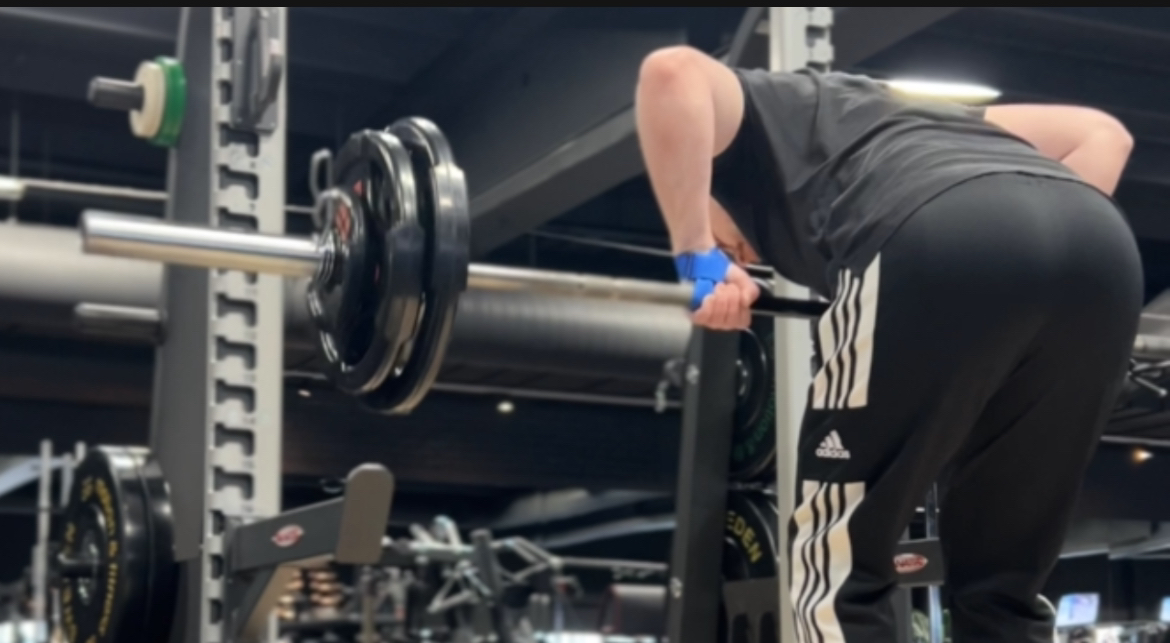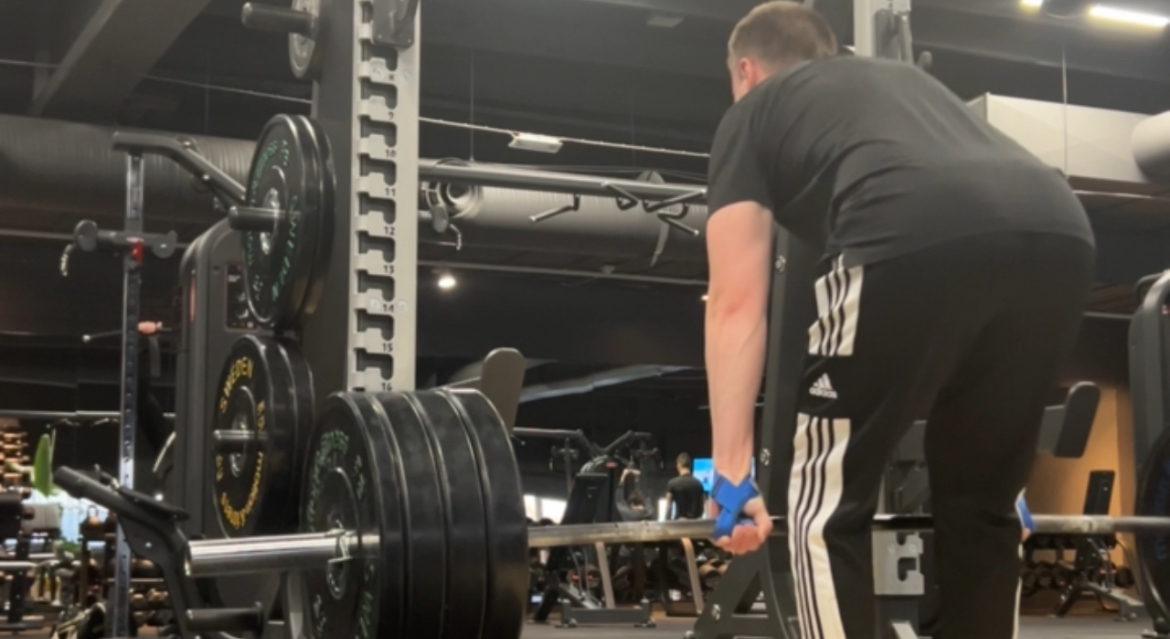The benefits of magnesium
Magnesium an muscle growth
When it comes to building muscle, most people focus on protein intake, weightlifting routines, and perhaps supplements like creatine. However, one crucial mineral that often flies under the radar is magnesium. This essential nutrient plays a pivotal role in numerous bodily functions, including those directly related to muscle growth and performance.
The Role of Magnesium in the Body
Magnesium is involved in over 300 enzymatic reactions in the body. It is crucial for:
- Energy Production: Magnesium is a key player in the production of ATP (adenosine triphosphate), the main energy currency of the cells. Without adequate magnesium, energy production slows down, which can lead to fatigue and decreased performance.
- Protein Synthesis: This mineral is necessary for the synthesis of proteins, which are the building blocks of muscle. It helps in the translation of RNA to proteins, a process essential for muscle repair and growth.
- Muscle Contraction and Relaxation: Magnesium acts as a natural calcium blocker, helping muscles to relax. Calcium triggers muscle contractions, while magnesium helps them relax. A balance between these two minerals is critical for proper muscle function and avoiding cramps and spasms.
Magnesium and Muscle Growth
- Enhances Protein Synthesis: Magnesium’s role in protein synthesis directly impacts muscle growth. By aiding in the creation of proteins from amino acids, magnesium ensures that your muscles can repair and grow effectively after workouts.
- Supports Testosterone Production: Testosterone is a hormone crucial for muscle growth. Studies have shown that magnesium can increase free and total testosterone levels in men, particularly when combined with exercise. Higher testosterone levels can enhance muscle mass and strength gains.
- Improves Exercise Performance: Adequate magnesium levels improve muscle function and oxygen uptake during exercise. This means you can train harder and longer, leading to greater muscle gains over time. Magnesium also helps in the removal of lactate from the muscles, reducing fatigue and soreness.
- Reduces Inflammation: Intense workouts can lead to inflammation, which can hinder recovery and muscle growth. Magnesium has anti-inflammatory properties that help reduce muscle inflammation, promoting quicker recovery and less muscle soreness.
Magnesium Deficiency and Its Impact on Muscle Growth
Many people, especially athletes, are at risk of magnesium deficiency due to inadequate dietary intake and increased loss through sweat and urine. Symptoms of deficiency include muscle cramps, fatigue, and weakness—all of which can severely impact your ability to train effectively and build muscle.
Sources of Magnesium
To ensure you’re getting enough magnesium for optimal muscle growth, include the following foods in your diet:
- Leafy Greens: Spinach, kale, and Swiss chard.
- Nuts and Seeds: Almonds, pumpkin seeds, and sunflower seeds.
- Whole Grains: Brown rice, quinoa, and whole wheat.
- Legumes: Black beans, lentils, and chickpeas.
- Fish: Mackerel, salmon, and halibut.
- Dark Chocolate: Rich in magnesium and a tasty treat.
Supplementing with Magnesium
If you find it challenging to meet your magnesium needs through diet alone, supplements are an option. Magnesium citrate, magnesium glycinate, and magnesium oxide are common forms found in supplements. It's essential to follow the recommended dosage and consult with a healthcare professional before starting any new supplement regimen.
Conclusion
Magnesium is a powerhouse mineral that significantly contributes to muscle growth and overall physical performance. Ensuring adequate intake through diet and supplements can enhance protein synthesis, support testosterone production, improve exercise performance, and reduce inflammation. Don't overlook this vital nutrient in your muscle-building journey—your muscles will thank you for it.
